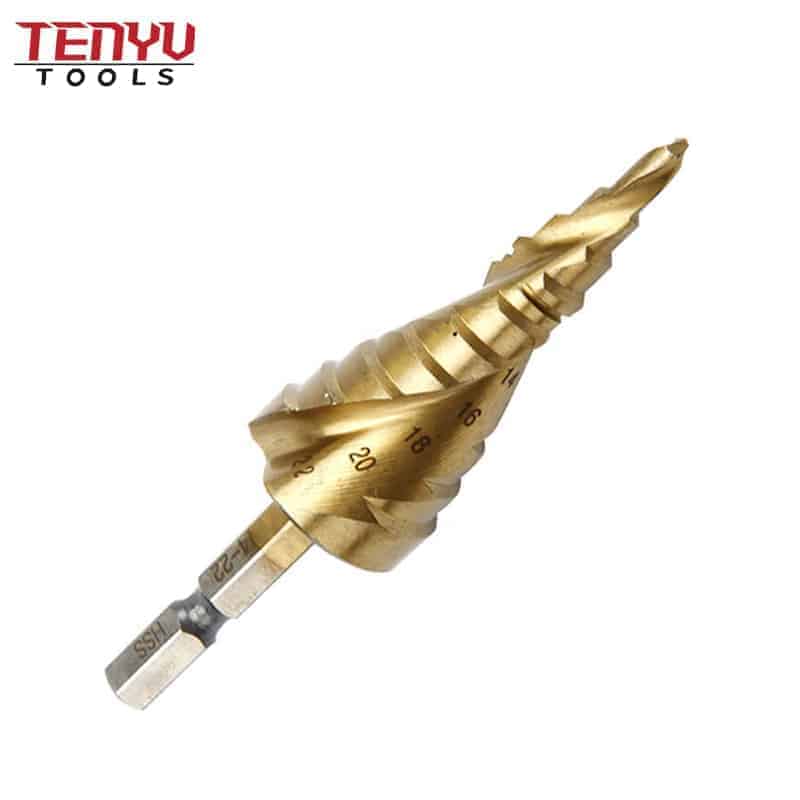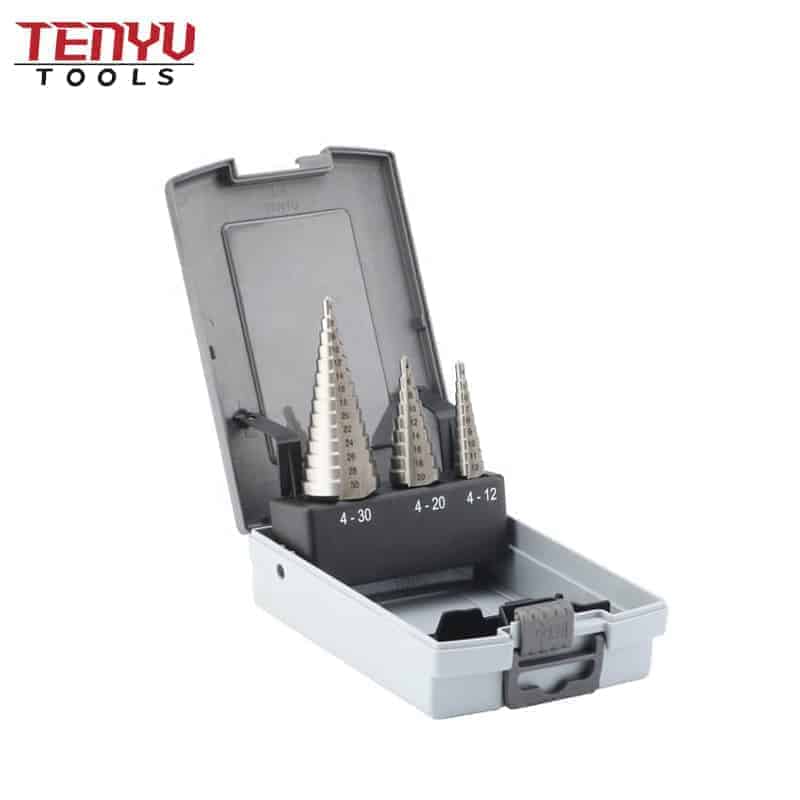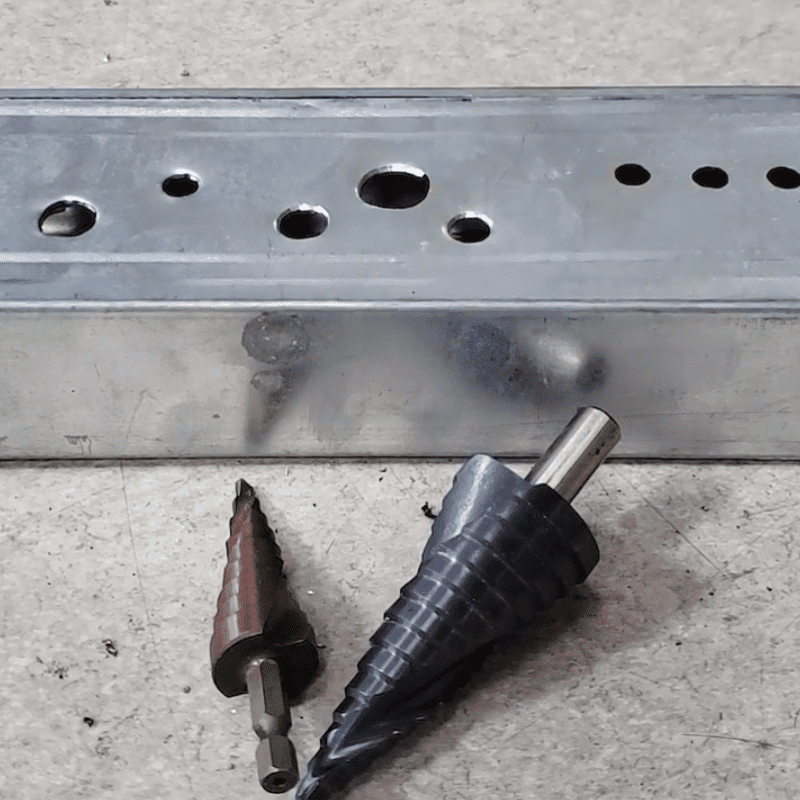
Step Up Bit
Step up bits are ideal for use in a variety of materials, including wood, plastic, and metal.
Step up bits consist of a series of sharpened cutting surfaces that progressively increase in diameter.
Tenyu Step Up Bit Video
Why Tenyu
Step Up Bit
Unrelenting Customer Support We never get tired of giving our clients the support and assistance they need! Do you have a question before the sale? Do you yearn to learn more about our lineup of taper length drill bits and can’t decide which one to go with? Contact us and we’ll answer all your questions and concerns!
Expertise and Professionalism Our employees all have a combined experience amounting to 70 years in blacksmithing and in toolmaking. We’re sure that we’ll be able to produce the exact taper length drill bits you need for your business!
Progressiveness and Flexibility Tenyu Tools Co., Ltd. breeds on new products and we you will never have any trouble if you want to innovate or be different compared to other suppliers and manufacturers in the industry. In terms of creativity, you can absolutely count on us!
Swift and Fast Delivery With Tenyu Tools Co., Ltd., you’ll never have a problem when it comes to delivery. We’re known for lightning-speed delivery. Thanks to our partnerships with some of the country’s top courier, as well as freight and cargo services, we can get you the orders in less than two (2) months!
Quality, safety and cost efficiency are our commitments .We are sincere partner to all our clients, irrespective of their sizes. All over the world.

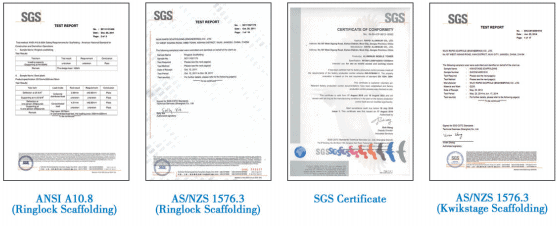
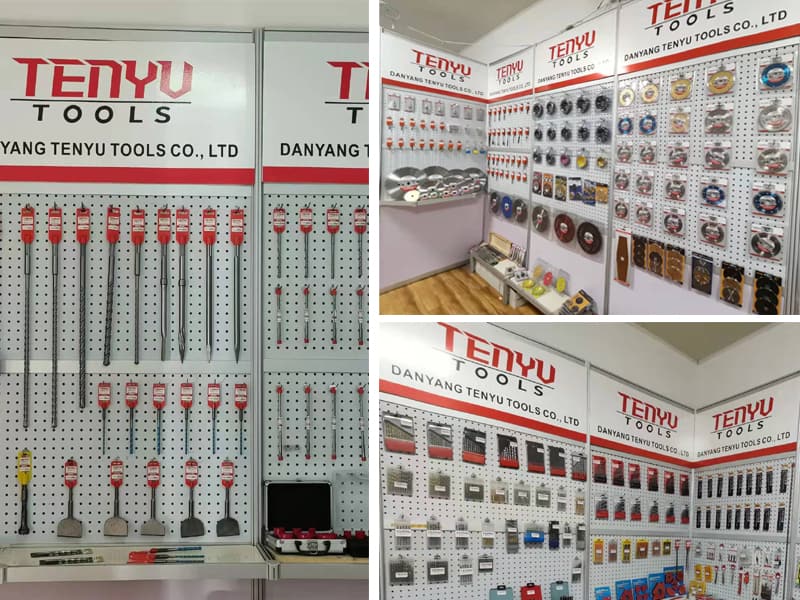



Features and Specs of Our Step Up Bit
Material | HSS4241, HSS 4341, HSS 4342, HSS M35; Cobalt Available: (Cobalt) M42 (Cobalt) |
Flute Number | 2 or 3 |
Sizes Available | 4-12; 4-20; 4-22; 4-30; 5-35; 6-12; 6-18; 6-20; 10-20; 14-24; 20-30; 20-34 |
Shank Type | Hex Shank, Quick Change Hex Shank |
Flute Type | Straight Flute, Spiral Flute |
Surface Finishing | Silver, Titanium Coted, Amber, Black |
NOTE: These aren’t the only things our step up bit have. You will be able to find more than these! We’ll be unraveling those when you experience working with us.
What are Step Up Bits Used For?
Step up bits are commonly used to enlarge holes in thin metals and other materials like plywood, drywall, and particleboard.
Step drill bits have a wide range of applications, but they are most commonly used by electricians to drill holes in the thin metal boxes that hold wiring.
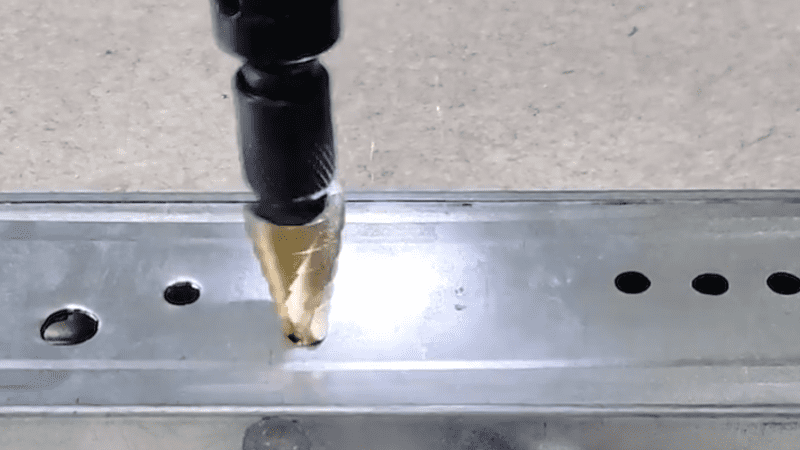
Drilling Different Holes with Step Up Bit
Are Stepped Drill Bits any Good?
Step up drill bits are good at what they’re designed to do, but they have their limitations. For example, they work best on sheet metal. They can be used on other materials.
Step bits are incredibly useful for drilling operations where you only need to make one or two holes, but they’re not suitable for all drilling applications.
If you need to make multiple holes of different sizes, step up drill bits are your best choice, but
if you need to drill through thick material, then a standard drill bit is a better option.
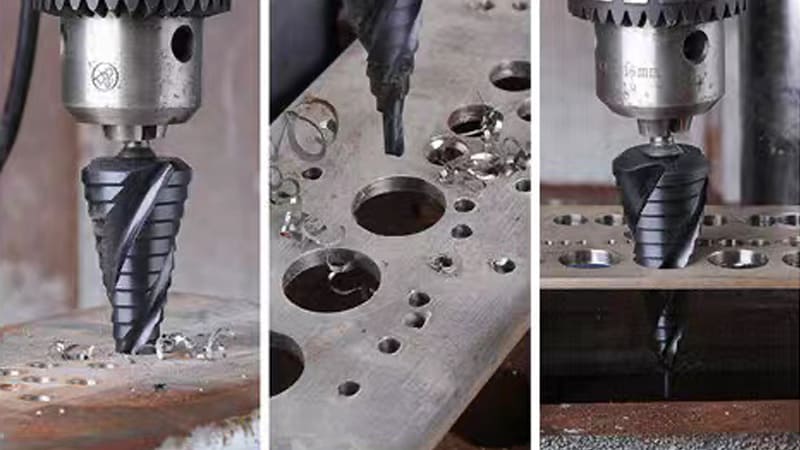
Step Up Bit are Good for Steel
What is a Step Up Drill Bit?
A Step up drill bit is a drill bit that allows you to drill multiple sized holes with one bit. It gradually increases as you go down the bit, meaning that you can create different sized holes without having to change drill bits.
This makes it a versatile and convenient tool, perfect for any home improvement project. Step Up Drill Bits are also great for enlarging existing holes, making them perfect for a variety of tasks.
Whether you’re drilling new holes or enlarging old ones, a Step Up Drill Bit is the perfect tool for the job.
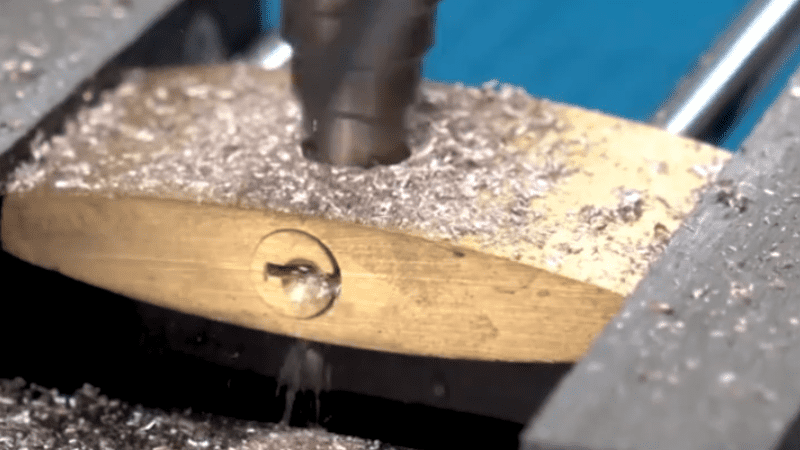
Step Up Bit for Lock Drilling
Do I Need a Pilot Hole for Step Drill Bit?
When using a step up bit, it is important to keep the following tips in mind: -Start with the smallest diameter cutting surface and gradually increase the size as needed. -Use a slow and steady motion when drilling to avoid damaging the material.
Step up bits are an essential tool for anyone who regularly works with a variety of materials.
With their easy-to-use design and versatility, they can help you save time and effort when completing tasks that require drilling.
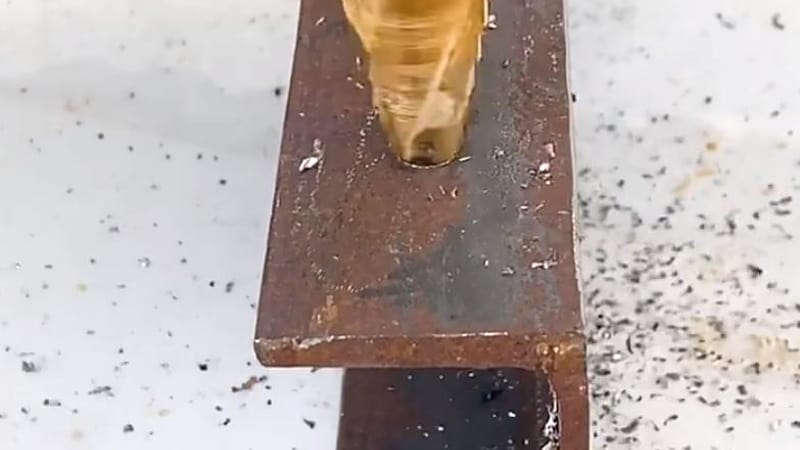
Step Up Bits for Cast Iron
Do Step Bits Work on Wood?
Step up bits are often used to drill holes in wood, but do they really work well on this material? Step bits are designed to quickly drill holes in metals, plastics, and wood up to four millimeters thick.
They typically have two or more cutting edges and a self-centering tip that helps to prevent the bit from walking on the material. Step up bits also tend to be quite aggressive, meaning that they can quickly remove large amounts of material.
Given these properties, it’s not surprising that step up bits can be very successful at drilling holes in wood. In fact, many professional woodworkers rely on these bits to quickly drill precise holes.
So, if you need to drill a hole in wood, a step up bit is definitely worth considering.
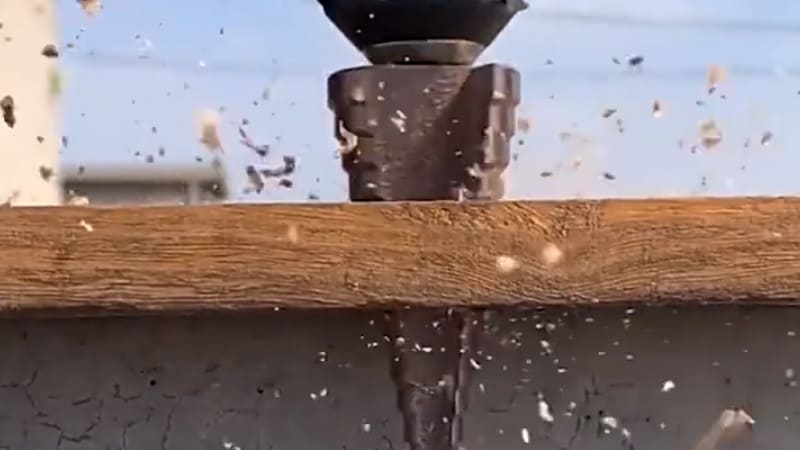
Step Up Bit for Wood Drilling
What is the Advantage of a Step Drill?
A step up bit is a type of drill bit that has a conical shape with a series of stepped cuts along the cone. The benefit of using a step up bit is that it can create different size holes without having to change the bit.
This is because as you twist the step up bit into the material, the cutting edges will step up to create a larger hole. Step drill bits are made from high-speed steel or cobalt, which makes them resistant to heat and wear.
Step up bits are used on materials such as wood, plastic, and aluminum. When using a step up bit, it’s important to use lubrication (such as water or oil) to keep the bit cool and prevent premature wear.
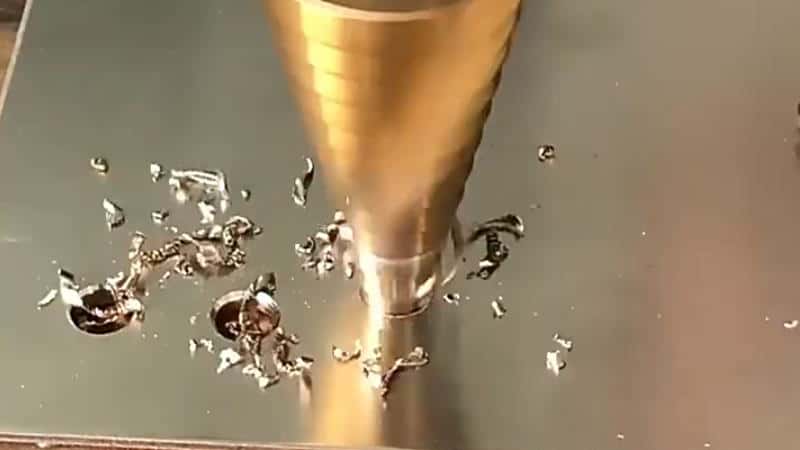
Step Up Bits for Stainless Steel
Will a Step Bit Go Through Steel?
A Step up bit is a tool that is commonly used to make holes in steel. It is made of two parts, the body and the point.
Step up bits can be used to drill through both thin and thick sheets of steel. Step up bits are also suitable for use on solid and high-alloy steel. The Step up bit has a split point that helps it to center perfectly in thin sheet metal.
The split point also helps to prevent the Step up bit from wanderinng off course when drilling through thick sheets of steel.
The Step up bit is a versatile tool that can be used to drill through a variety of materials, including steel, aluminum, brass, and copper.
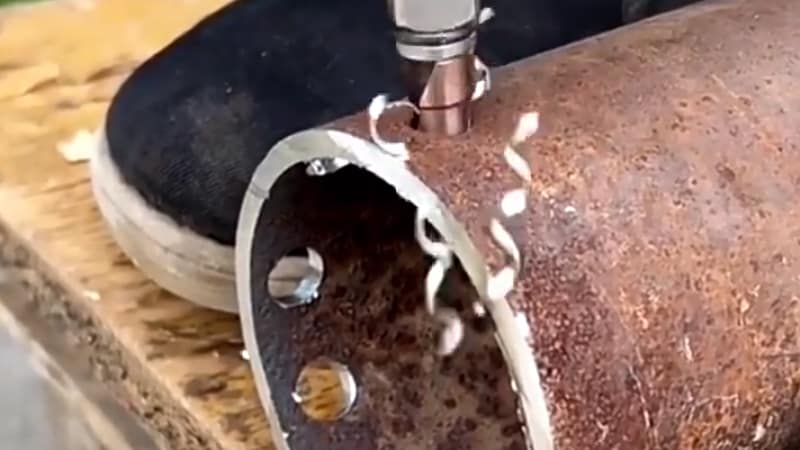
Step Up Bit for Steel Drilling
How Thick of Metal Can a Step Bit Drill?
Step up bits are designed to be able to drill through a variety of thicknesses of metal.
The specific thickness that a step up bit can drill through will depend on the material of the bit. Some step up bits are only capable of drilling through metal that is 3/8 of an inch thick, while others can drill through thicker metal.
In general, the thicker the metal, the more difficult it will be to drill through it. Step up bits are a great option for those who need to drill through a variety of different sizes of holes, as they offer a lot of flexibility.
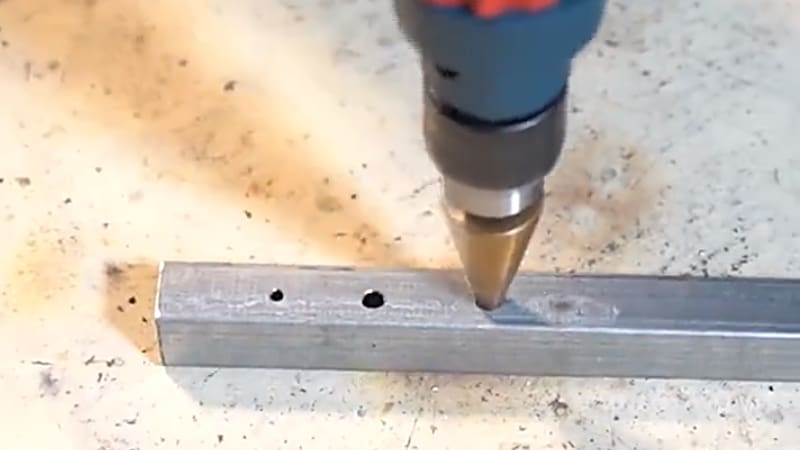
How Thick Can Step Up Bit Drill
What Does a Step Bit Look Like?
A step up bit is a type of drill bit that is used to create a variety of different sized holes. The bit has a conical shape, with the tip being the smallest diameter and the main body of the bit gradually increasing in size.
This allows you to drill progressively larger holes by simply moving the bit further down into the material. Step up bits are particularly useful for drilling through tough materials, as the larger surfaces can quickly remove large amounts of material.
When using a step up bit, it is important to keep the bit as straight as possible to avoid damaging the material or creating uneven hole.
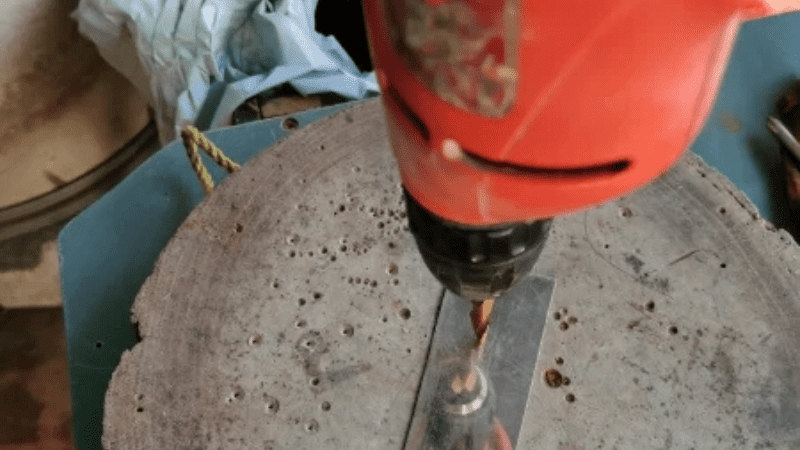
Step Up Bit for Sheet Metal Drilling
Can I Sharpen a Step Drill Bit?
Step-drill bits are essential for anyone who does a lot of drilling, whether it’s for work or for home improvement projects.
Given their importance, it’s no surprise that people often wonder if they can sharpen their step-drill bits. The answer is yes, but it’s important to follow the proper instructions.
First, always wear approved eye protection. Second, the best way to sharpen the tip of a step-drill bit is with an ordinary bench grinder. Just be careful not to overheat the bit and damage the temper.
If you use a bench grinder, you should also periodically sharpen the flute, or spiral groove, of the bit. This will help to keep the bit cutting smoothly and prevent it from jamming.
[toc]
